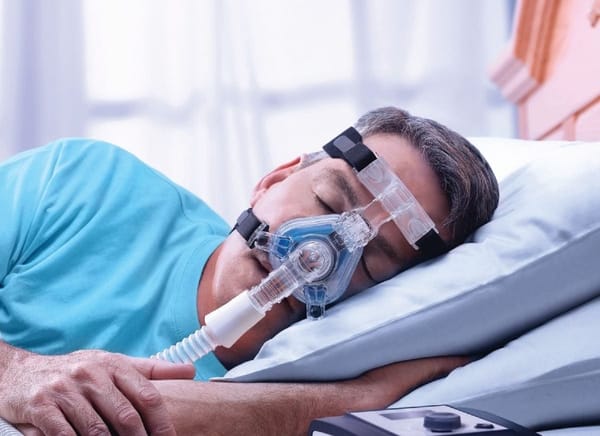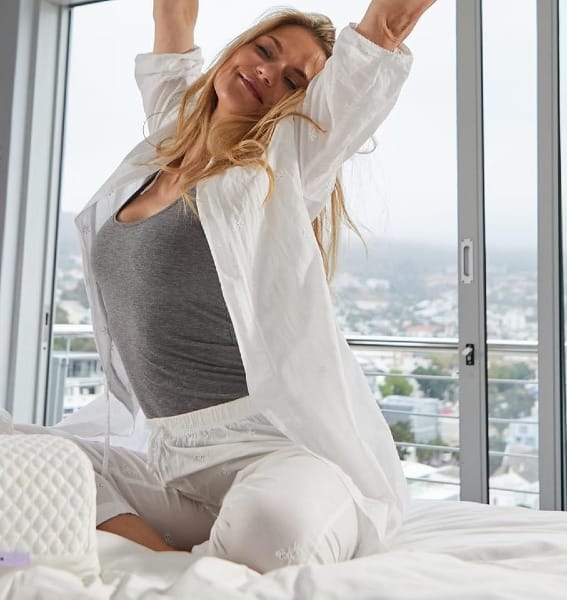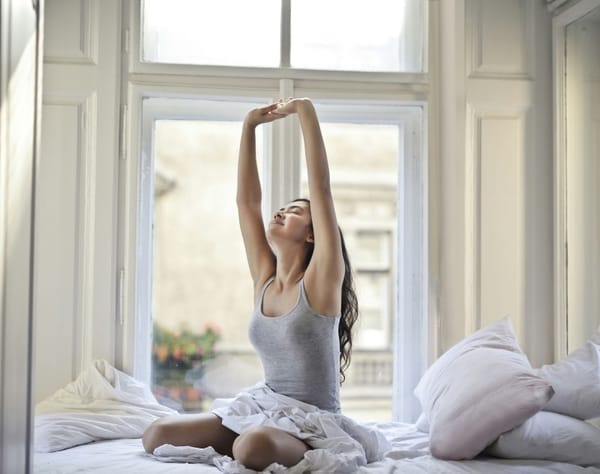Sleep fitness, a concept gaining traction among health enthusiasts and professionals alike, explores the intricate relationship between quality sleep and overall well-being. This comprehensive approach to rest goes beyond simply counting hours, delving into the science of sleep cycles, environmental factors, and lifestyle choices that contribute to optimal recovery and performance.

The Science of Sleep Cycles
Sleep cycles consist of two main phases: non-REM (NREM) and REM (rapid eye movement) sleep, which alternate throughout the night in a predictable pattern[1]. A typical sleep cycle lasts 70 to 110 minutes, with adults experiencing 4-5 cycles per night[1]. NREM sleep is divided into three stages: N1 (light sleep), N2 (deeper sleep), and N3 (deep sleep or slow-wave sleep)[4]. As the night progresses, the proportion of REM sleep increases in each cycle, while deep sleep decreases[3]. During REM sleep, brain activity resembles wakefulness, dreams occur, and the body becomes temporarily paralyzed[3]. This cyclical nature of sleep is regulated by the body's circadian rhythms and sleep-wake homeostasis, which are influenced by factors such as light exposure, hormones like melatonin, and the buildup of sleep-promoting chemicals like adenosine[2].
Temperature Regulation for Better Sleep
Temperature plays a crucial role in sleep quality, with both body and environmental temperatures affecting how well we rest. The ideal bedroom temperature for sleep is between 60 and 67 degrees Fahrenheit (15.6-19.4°C)[4]. As we prepare for sleep, our core body temperature naturally drops by about 2-3 degrees Fahrenheit, signaling the body to relax and fall asleep[3]. This process, known as thermoregulation, is closely linked to our circadian rhythm and sleep-wake cycle[3][4]. A cooler sleeping environment can help facilitate this natural temperature drop, leading to faster sleep onset and improved sleep quality[1][3]. Conversely, environments that are too warm can disrupt sleep by interfering with the body's natural cooling process. To optimize sleep through temperature regulation, consider using breathable bedding materials, investing in a temperature-regulating mattress, and adjusting your bedroom thermostat to create an ideal sleep environment[2][5].
Sleep Tracking Technology
Sleep tracking technology has evolved significantly, offering consumers various options to monitor their sleep patterns and quality. Modern sleep trackers come in different forms, including smartwatches, fitness trackers, smartphone apps, and specialized devices like the Oura Ring[1][3]. These devices typically use a combination of sensors to measure factors such as heart rate, heart rate variability, respiration, movement, and sometimes skin temperature[5]. While not as accurate as medical-grade polysomnography, consumer sleep trackers can provide valuable insights into sleep duration, stages, and overall quality[5]. For instance, a study found that the Fitbit Charge 2 detected sleep onset with 96% accuracy, though its accuracy varied for different sleep stages[5]. Advanced trackers like the Oura Ring and Google Pixel Watch 2 offer features such as sleep stage analysis, readiness scores, and smart alarms to optimize wake times[2][3]. When choosing a sleep tracker, consider factors such as comfort, battery life, additional features, and how well it fits your lifestyle and sleep goals[3][5].
Embracing Sleep Fitness
Sleep fitness is a holistic approach to optimizing rest and overall well-being that goes beyond simply counting hours of sleep. By understanding the science of sleep cycles, regulating environmental factors like temperature, and leveraging sleep tracking technology, individuals can significantly improve their sleep quality and, consequently, their physical and mental performance[1][2][3]. Quality sleep is essential for muscle recovery, energy restoration, hormone regulation, and cognitive function[2]. Prioritizing sleep as part of a fitness regimen can lead to enhanced physical performance, improved mood, and better overall health[2][4]. As research continues to unveil the intricate connections between sleep and fitness, it becomes increasingly clear that achieving optimal rest is not just a luxury but a fundamental component of a healthy, balanced lifestyle[5].
















Member discussion